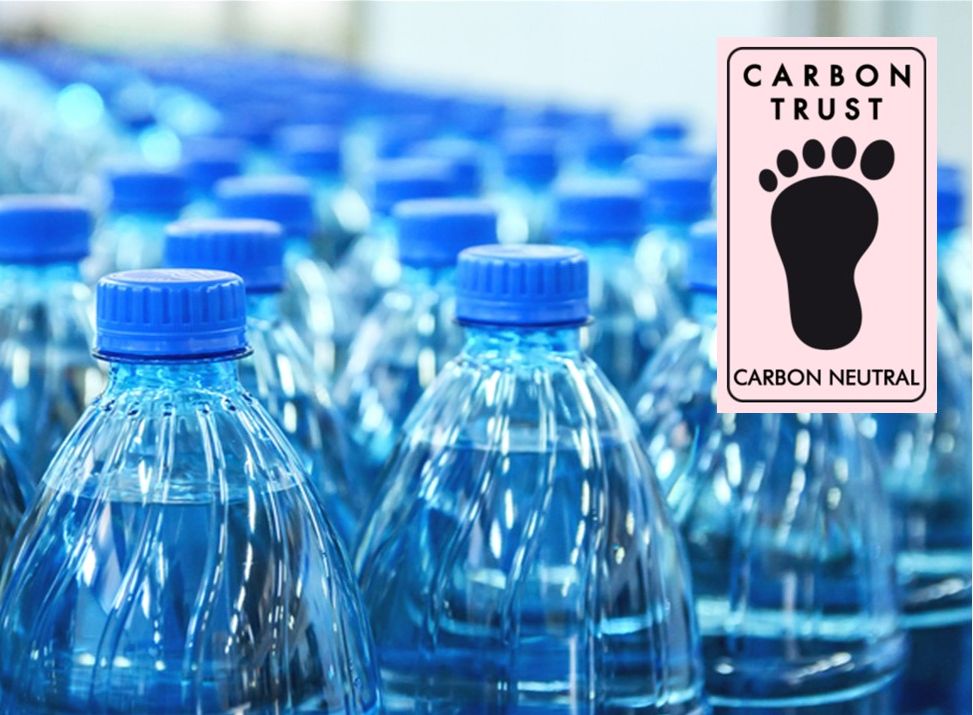The judge handling a proposed class action lawsuit accusing Danone of misleading shoppers with ‘carbon neutral’ claims on Evian bottled water has reversed his earlier ruling and dismissed claims that a reasonable consumer would find the phrase deceptive.
Regulatory affairs experts are closely watching the case* amid growing scrutiny of carbon neutral claims, while some large CPG players are reportedly souring on the term. In this case, the claim was certified by a high-profile third party: The Carbon Trust.
Reasonable consumers, argued the plaintiffs, “would understand and believe that the term ‘carbon neutral’ means the manufacturing of the product — from materials used, to production, to transportation — is sustainable and does not leave a carbon footprint.”
Danone, in turn, argued that this “subjective interpretation” of its carbon neutral claim was “manifestly unreasonable.”
About turn
In an order filed earlier this year, US district judge Nelson S. Román said it was “plausible that the ambiguous term ‘carbon neutral,’ a technical word not within an average consumer’s common parlance and carrying multiple meanings, could mislead a reasonable consumer.” Were Evian to have used the term “to induce consumers to purchase the product at a higher price,” he added, the plaintiffs had also “plausibly pled a fraud claim.”
In a motion urging the judge to reconsider, Danone said the court had “focused on the statement ‘carbon neutral,’ which it found ambiguous, instead of the fully contextualized statement on the back of pack, ‘We are Certified Carbon Neutral’ next to the Carbon Trust logo… That full statement beside the Carbon Trust logo is not ambiguous. It communicates the existence of a certification.”
In an order filed this month reversing his previous decision, Román agreed, explaining that, “The Court concludes that a reasonable consumer would be expected to look beyond the front label to learn more about the representation and consult other additional information available.”
He added: “This Court initially held that ‘carbon neutral’ may plausibly deceive and mislead as a type of general environmental benefit claim [such as ‘eco-friendly’ or ‘greener’] that the Federal Trade Commission warns against. But upon closer review, the examples [in the FTC’s Green Guides on environmental claims] that illustrate what sort of claims should not be made do not seem to square with the term at issue here.”
While consumer research suggests some shoppers might not understand what ‘carbon neutral’ means, he said, the relevant question here is, ‘Would the label have misled a reasonable consumer acting reasonably under the circumstances?’ This Court now holds that a reasonable consumer would have inquired further and consulted the additional information available.”
As a result, Danone’s motion to reconsider is granted, said Román, who dismissed the bulk of the claims but gave the plaintiff leave to file a second amended complaint by December 13.
Read more about the case here.
*The case is Stephanie Dorris et al vs Danone Waters of America, filed in the southern district of New York. Case 7:22-cv-08717





